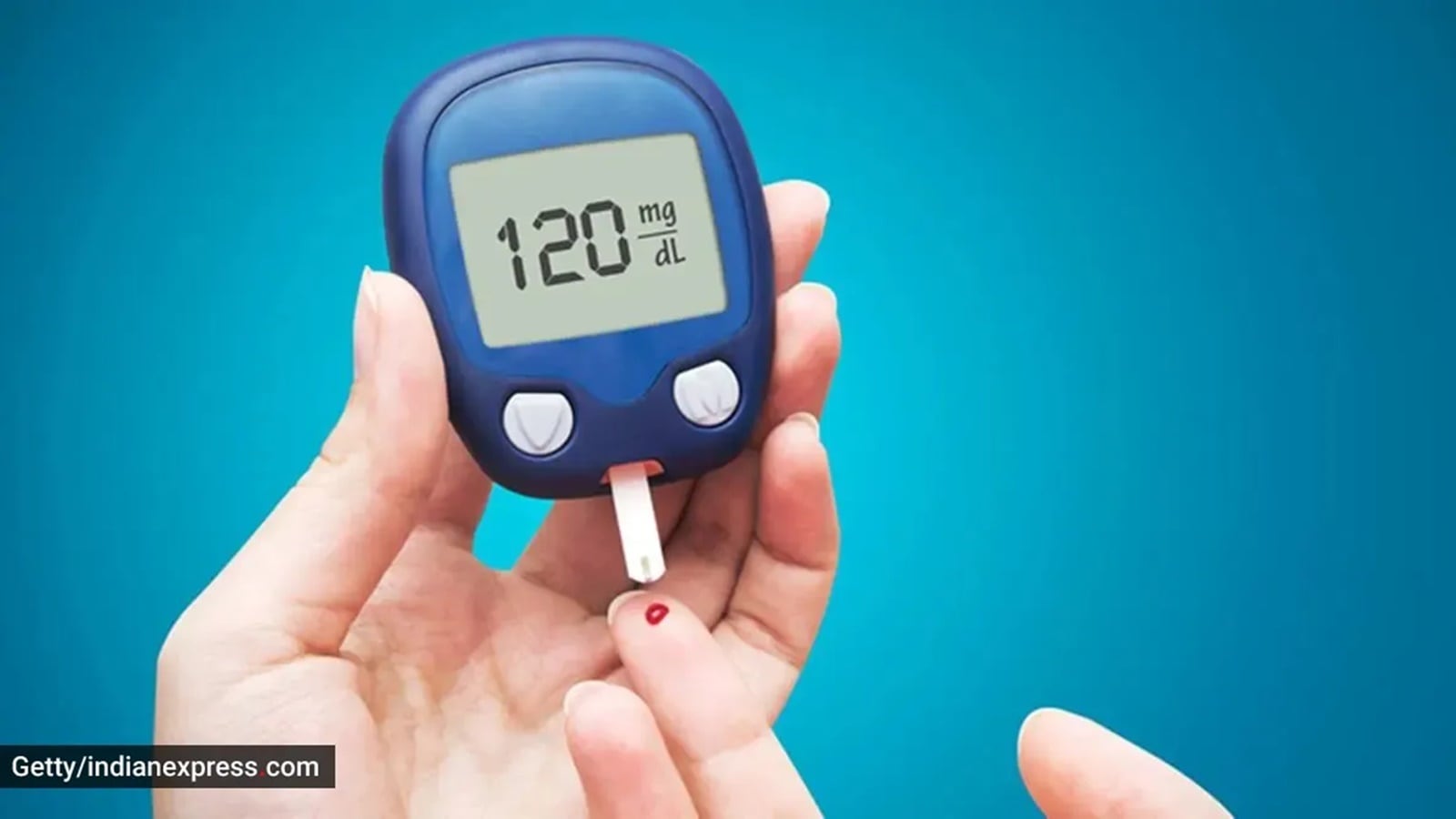The impact of smartphone use during meals and its possible association with elevated insulin resistance is among the numerous health concerns discussed in recent years. But is it a valid worry? Does smartphone use really affect our blood sugar levels?
Dr Manjusha Agarwal, senior consultant, internal medicine, Gleneagles Hospital Parel Mumbai, noted that using your phone while eating can indeed be a cause of distraction.
“However, it is not known whether it causes insulin resistance. It is believed that when one tends to get distracted during meals, he/she can eat mindlessly and have more calories than the daily requirement. This can lead to overeating and weight gain, raising the chances of insulin resistance,” said Dr Agarwal.
If one is distracted while eating, he/she can be unaware and opt for less nutritious, processed foods that can spike blood sugar levels. “These spikes can also lead to insulin resistance. If one is distracted during the meal, then he/she can fail to pay attention to the portion sizes and the body’s satiety signals, making it harder to maintain a balanced diet. If this happens over time, then there can be insulin resistance,” said Dr Agarwal.
 By minimising distractions like smartphone use during meals, individuals can better manage their caloric intake (Source: Getty Images/Thinkstock)
By minimising distractions like smartphone use during meals, individuals can better manage their caloric intake (Source: Getty Images/Thinkstock)
However, there are no studies available to verify these claims. “We have no evidence regarding this. Hence, one should be extremely attentive while eating and focus on the meal to maintain better control over diet and support long-term metabolic health. It is better to avoid watching TV or using mobile phones while eating,” stressed Dr Agarwal.
How does mindful eating help?
Mindful eating involves being fully present during meals, paying attention to the sensory experience of eating, and tuning in to the body’s hunger and satiety signals. “This practice encourages individuals to slow down, savour their food, and make conscious choices about what and how much they eat,” said Kanikka Malhotra, consultant dietician and certified diabetes educator.
Reiterating that there is “limited direct research connecting smartphone use during meals to insulin resistance,” Malhotra noted that eating speed and awareness play crucial roles in metabolic health. “Eating quickly or mindlessly can lead to spikes in blood glucose levels, which may contribute to increased insulin resistance over time. This is particularly concerning for those at risk for type 2 diabetes or metabolic syndrome,” said Malhotra.
Strategies for mindful eating
Malhotra shared
Story continues below this ad
*Set aside your phone and other distractions during meals. Focus solely on your food and the act of eating.
*Take time to appreciate the flavours, textures, and aromas of your food. This enhances enjoyment and helps you recognise when you’re satisfied.
*Pay attention to hunger cues before eating and stop when you feel comfortably full. This awareness can prevent overeating.
*Before you eat, take a moment to express gratitude for your meal. This can enhance your connection to food and promote a more mindful approach.
Story continues below this ad
*If dining with others, focus on engaging conversations rather than screens. This can make meals more enjoyable and help regulate portion sizes.
“Incorporating mindful eating into daily routines is a powerful tool for improving not only one’s relationship with food but also overall metabolic health,” said Malhotra.
DISCLAIMER: This article is based on information from the public domain and/or the experts we spoke to. Always consult your health practitioner before starting any routine.



